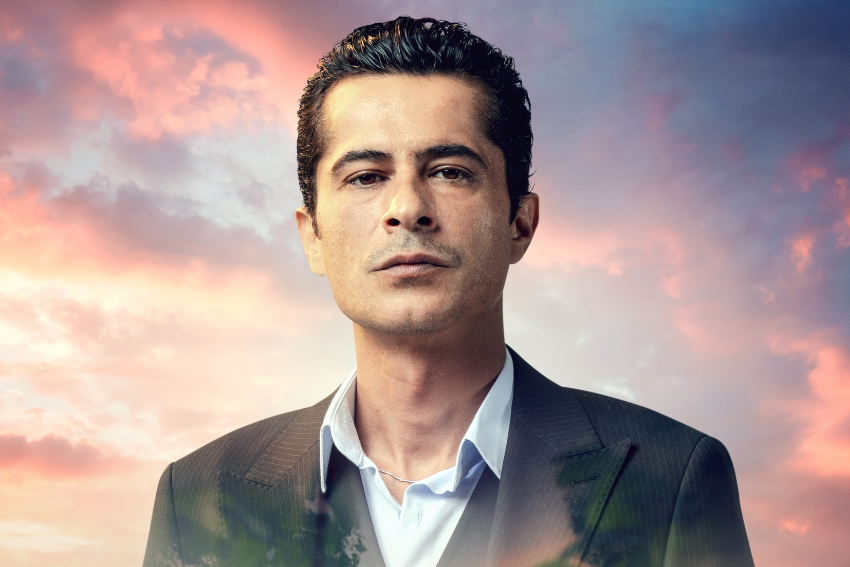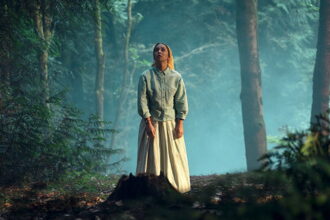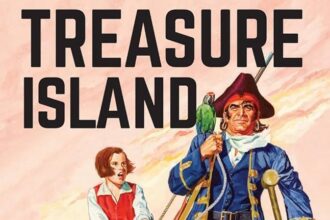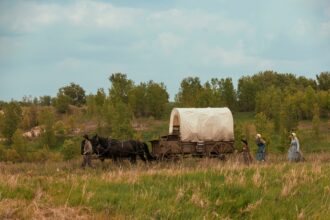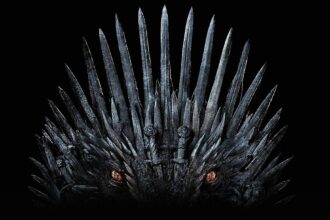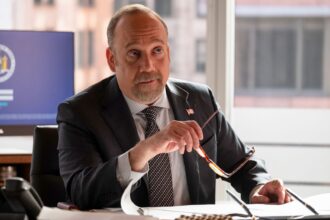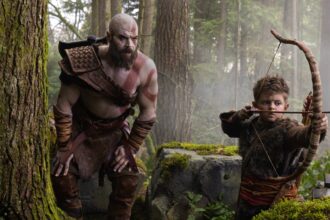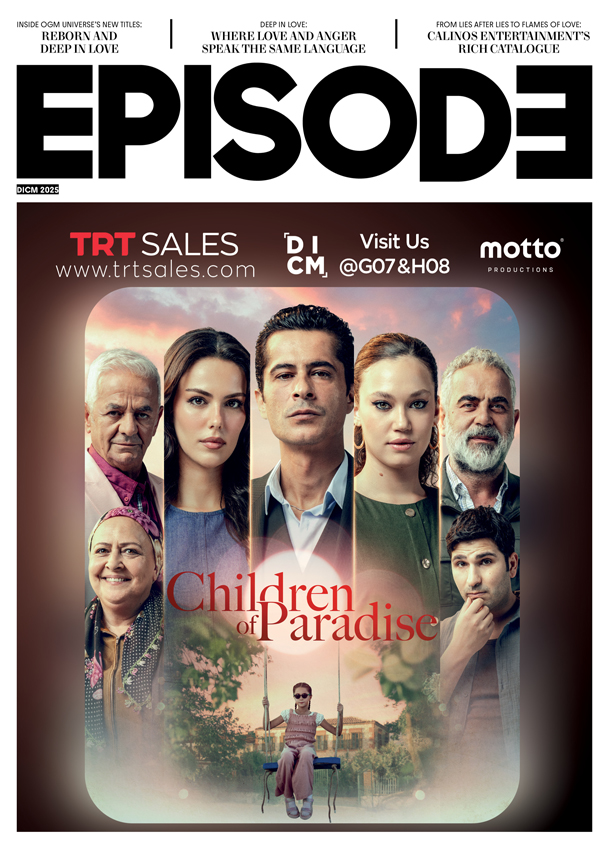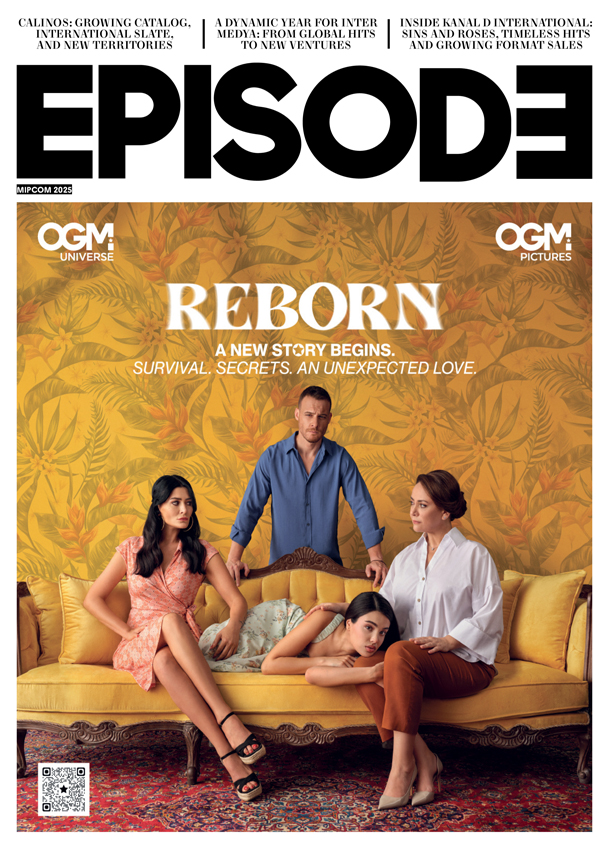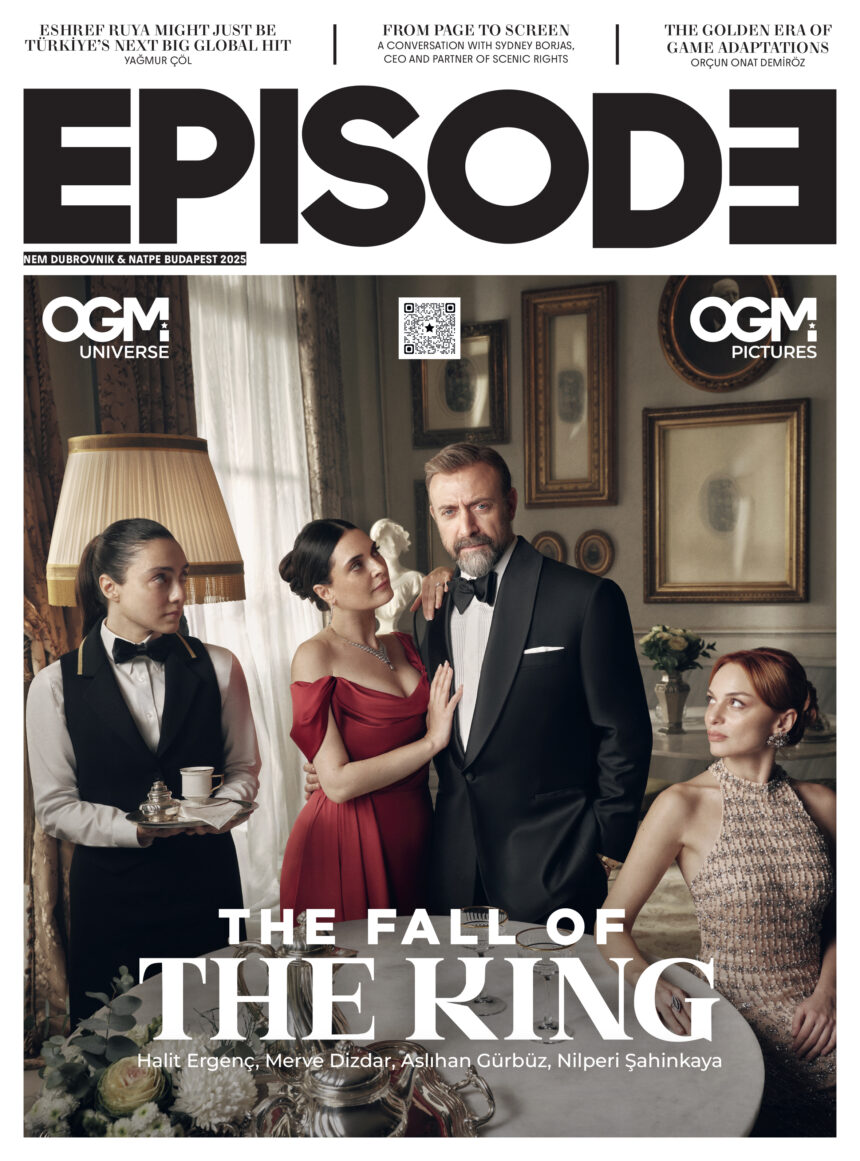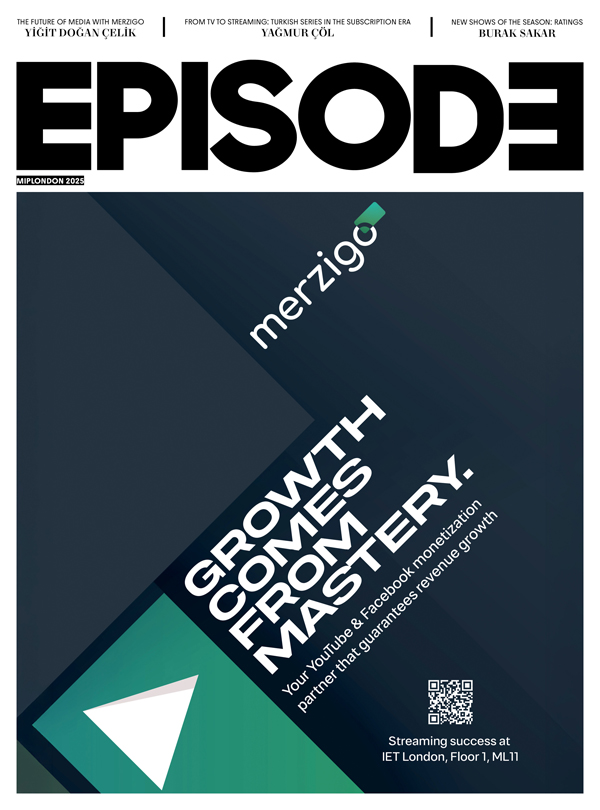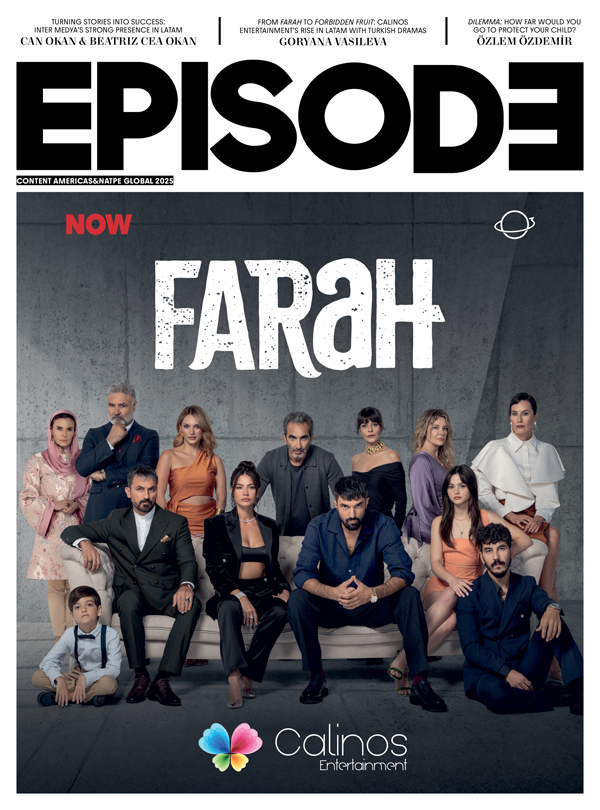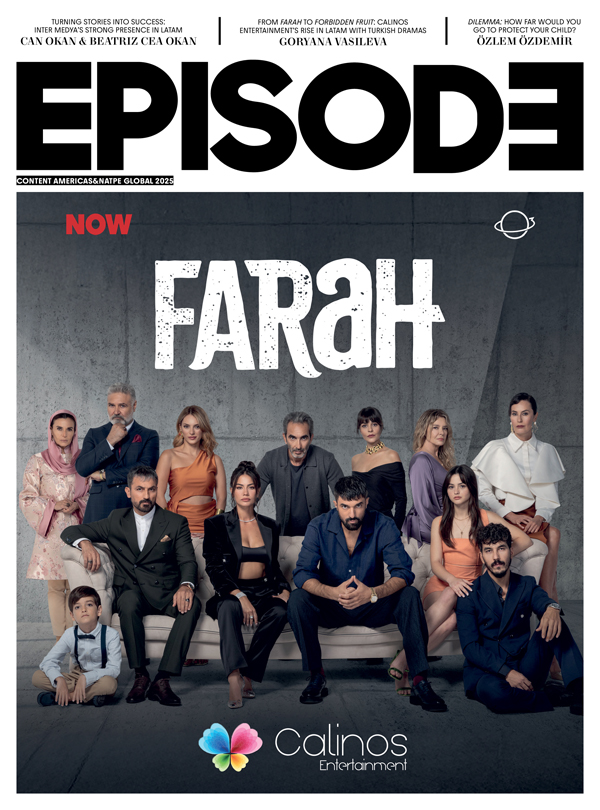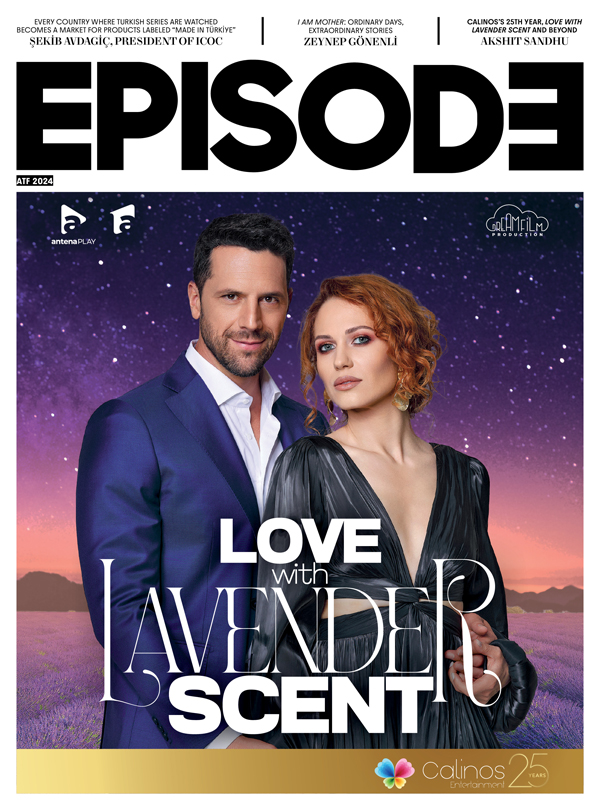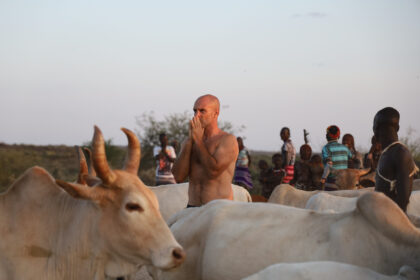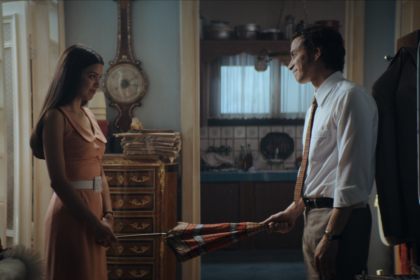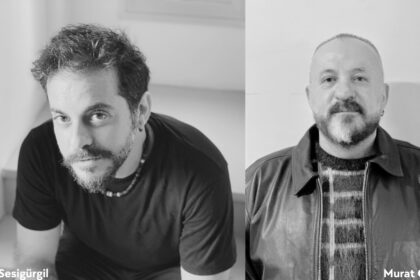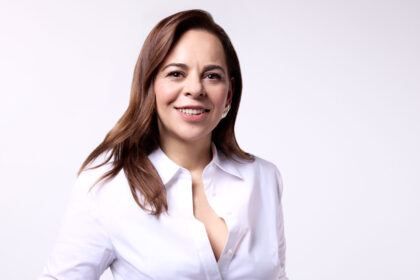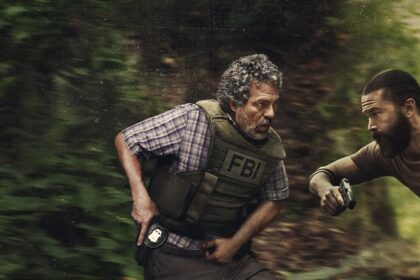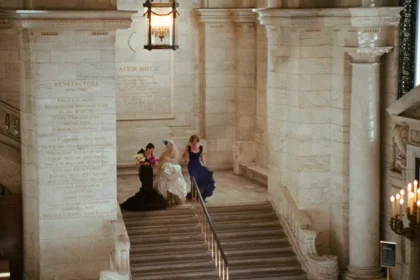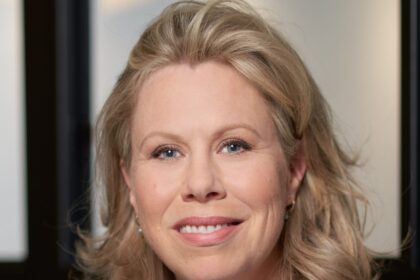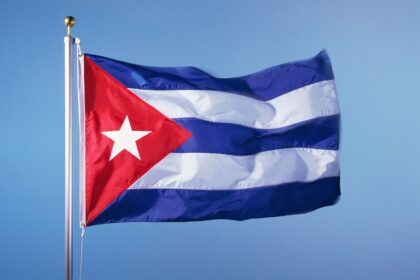One of TRT Sales’ standout titles this year, Children of Paradise follows İskender, a former gangster from İstanbul who finds himself starting over in a quiet Aegean town. With its themes of hope, healing, and new beginnings, the series tells a deeply human story.
For our DICM 2025 issue, we had the opportunity to speak with lead actor İsmail Hacıoğlu to delve deeper into the show.
Alongside the series itself, your performance has also received great acclaim. What was the main factor that made you want to be part of this project?
It was the warmth of the story. I believe audiences have been missing stories like this. Children of Paradise was inspired by the kind of movies we can watch over and over without losing their meaning. Every character is on their own inner journey, searching for something within themselves, and that’s what drew me into the project.
İskender had a tough childhood, and just when he was about to build a family, he’s betrayed by the woman he loves and forced to start over in a completely new place. How did you prepare for such a character?
You don’t really need to prepare to play someone who’s been betrayed. Life itself comes with many forms of betrayal. So I didn’t really have to prepare much. I think I simply watched İskender’s story unfold, almost discovering it together with the audience.

İskender finally finds a sense of family after years of longing for it. If he had the chance to confront his past or return to his old life in the upcoming episodes, what kind of choice do you think he would make?
That’s actually what the whole story is about: whether to go back or let the past go. And if you do let it go, would there still be an İskender left? Or should a person even try to do that? We’re watching İskender’s journey toward becoming Kamil, together with the audience. I think that’s what keeps the story so engaging and full of energy.
In the fourth episode, as İskender’s relationship with Gönül grows deeper, he comes face to face with Ayla again. How do you think this dynamic will change? Has İskender truly been able to forget Ayla?
İskender is really caught between Gönül and Ayla. It’s a journey I don’t completely know myself. I think our writers would probably have a better and more fitting answer to that question.
The series has a lot of Yeşilçam themes; the lost twin, strong emotions, and warm family bonds. How would you describe this story in your own words? What kind of feeling did you want to leave with the audience?
I think I actually answered that in the first question. What makes this story feel so sincere and real are those exact Yeşilçam elements. The idea of a family standing together through hard times is a value we’ve either forgotten or been made to forget. I believe that’s one of the main reasons people are drawn to this story. These are the kinds of stories we’ve seen in Yeşilçam many times: troubled father– son relationships, suppressed emotions, platonic love… Yet no matter what happens, the family bonds never break. And that’s exactly what this series is about.
If you were to introduce the series to international audiences, which aspects would you highlight? And what do you think makes the story universal?
The series tells the story of a person’s journey toward maturity. And it’s not just through İskender’s story; every character goes through their own version of that journey. In the end, it’s really about the human path to maturity. If I were to describe it for international audiences, that’s exactly how I’d say it.
Read our exclusive interviews with the Children of Paradise cast here.






